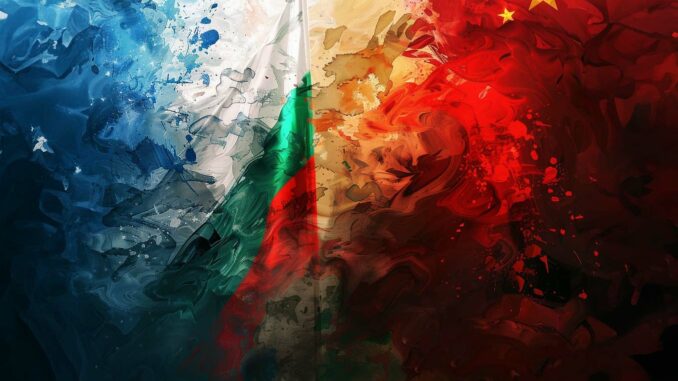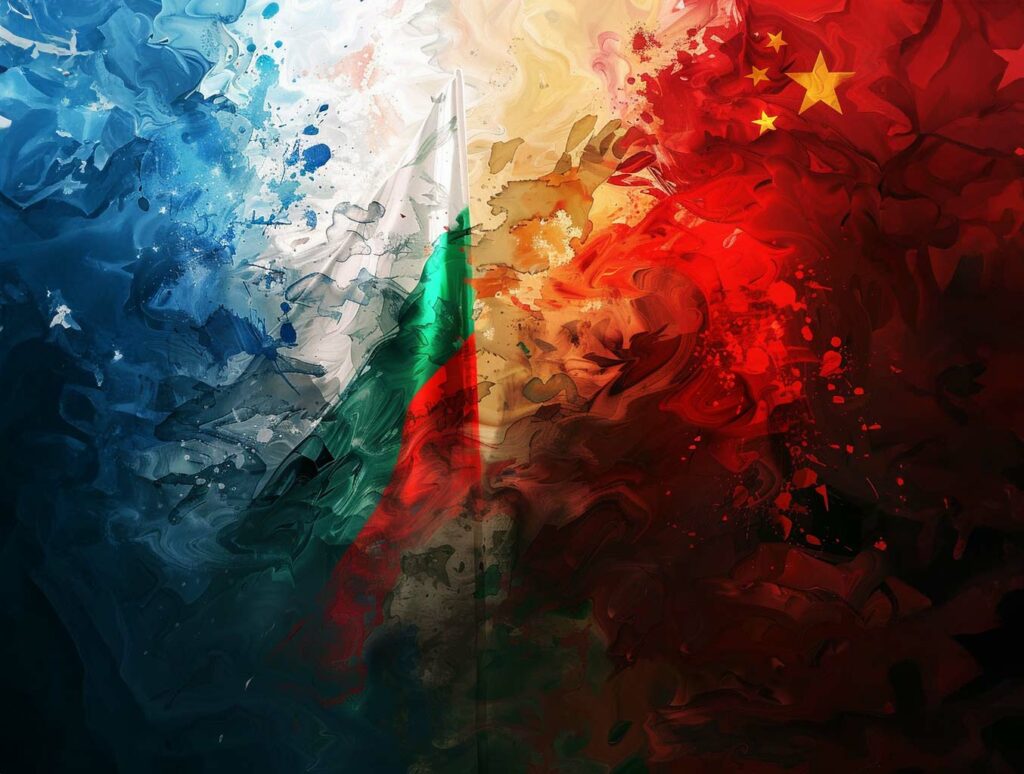
U.S. generals express concern over strengthening ties between Iran, Russia and China, threatening U.S. influence.
Senior U.S. military officials are expressing growing concern about the intensification of relations between Iran, Russia and China. This strategic alliance could call into question the United States’ predominant position in the Middle East and Africa. The evolution of these geopolitical relations underlines the importance for the United States to reassess its strategy in these crucial regions to maintain its influence and access.
The Context of Tripartite Relations
The dynamic between Iran, Russia and China is becoming increasingly complex, reflecting a shared desire to counterbalance Western influence, particularly that of the United States. Iran, under US sanctions, finds in its relations with China and Russia the means to bolster its economy and pursue its regional ambitions. China, the main buyer of Iranian oil, benefits from this relationship to extend its influence in the Middle East, while Russia and Iran collaborate closely, notably through military supplies, including attack drones, used in the Ukrainian conflict.
Implications for the United States
This coalition between Iran, Russia and China represents a strategic challenge for the United States, which sees its geopolitical positioning threatened. The implications are far-reaching, ranging from energy security and regional stability to the fight against terrorism and piracy. The US must therefore consider a multi-dimensional strategy to counter this growing influence, involving strengthened alliances with regional partners and an increased military and diplomatic presence.

Counterbalancing strategies
To meet these challenges, the United States is mobilizing a comprehensive approach, combining diplomatic, economic and military efforts. Operations such as Prosperity Guardian and Poseidon Archer, aimed at securing sea lanes and countering Iranian-backed Houthi influence in Yemen, illustrate this strategy. In addition, the United States seeks to further isolate Iran and its allies on the international stage, while strengthening the capabilities of its regional partners through training initiatives and military cooperation.
Challenges and prospects
The situation in the Middle East and Africa remains extremely volatile, with tensions exacerbated by the Hamas attack on Israel and the actions of the Houthis in Yemen. Iran’s influence in the region, facilitated by its network of proxies and the support of Russia and China, continues to represent a major challenge to US interests and regional security. The United States is therefore faced with the need to adapt its posture and strategy to maintain its influence and promote stability in these key regions.
–
Evolving relations between Iran, Russia and China represent a major strategic challenge for the United States, which must navigate an increasingly complex geopolitical environment. The American response to this dynamic will require a flexible, multi-dimensional approach, capable of adapting to rapid shifts in the balance of power. International collaboration, diplomacy and a targeted military presence remain key to countering the influence of these alliances and ensuring regional security and stability.
War Wings Daily is an independant magazine.